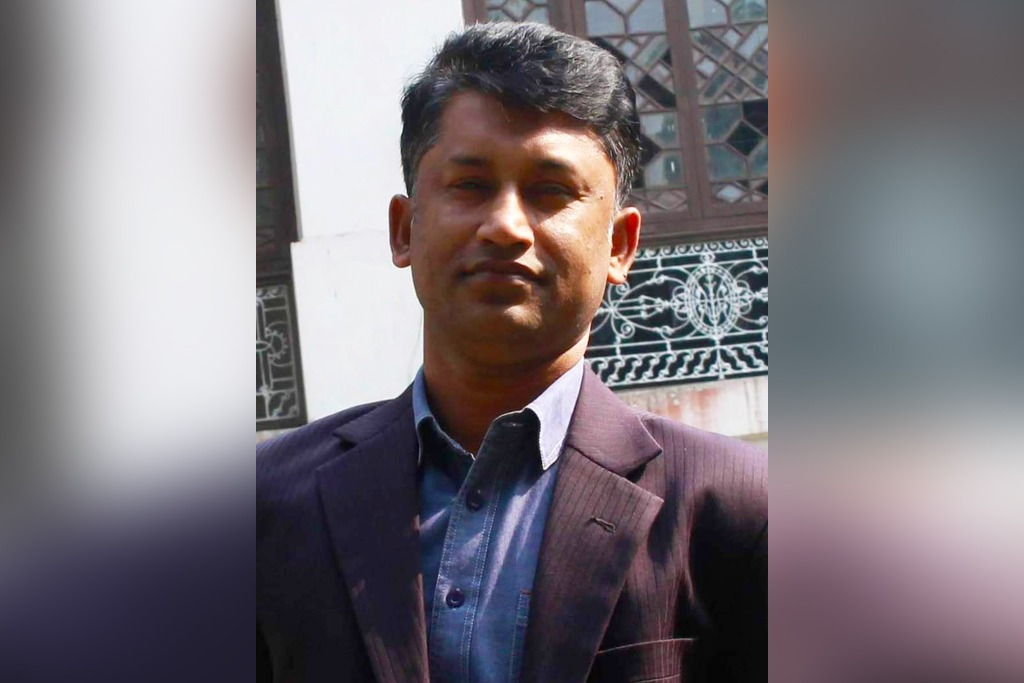I never thought I would become an entrepreneur before my graduation. After my graduation, I worked for more than 8 years in a non-profit organization. It was mid-2015 when I had to reconsider continuing my service because of my wife’s job location and our two kids. As I was deeply invested in the raw beauty of agriculture from my childhood, I thought of using that to start my business. That’s when my friend introduced me to a handicraft entrepreneur.
Fortunately, through Practical Action Bangladesh, we got the opportunity to participate in a funding program by the European Commission (EU). A total of 15 organizations like ours learned many things about entrepreneurial skills as well as artisan skill development lessons. After multiple training sessions, I researched many agricultural inputs and chose jute as our key element for production. Although many producers use synthetic fabrics and materials for their production, we decided to use only high-grade jute fabric.
We wanted to see our products get traction in the international market. With that vision in mind, we started our production with rugs and mats to capture the markets in Europe and America. However, the orders were of very large sizes and quantities. It was tough to produce at that level initially. Slowly, we bumped up our production to meet the increasing demand and created our factory in Rangpur. Apart from that, we prioritized the research and development wing to bring impactful changes in our products and the environment.
In 2019, we officially established “Bunon Kutir Limited”. Just at the end of that year, we sold some shares of our company to Truvalu to expand our business. We partnered with them for their international connection and approach to a larger demographic. We are also a member of the World Fair Trade Organization (WFTO). With their support for marginal producers and cooperative networks, we managed some regular buyers in Europe and America. Now, we export our products in Japan and Australia as well.
When the pandemic hit Bangladesh, our exports were completely shut off. Without a doubt, it was one of the worst experiences for us so far. As our main target is the export market, lockdown became the barrier we could not push through. Our business model depends heavily on re-investment. We re-invest our profits to experiment with new products and strategies, but the pandemic hindered that cycle of investment. However, our year-long-suffering ended in 2021 as we started receiving huge orders from the European market again. We already have orders till 2022 now, so we are hoping that we will be able to recover our losses.
My experience with LightCastle Partners and TFO Canada helped me in multiple ways. Not only did I learn about many market strategies and eco-friendly ways of production, but I also gained some international buyers from these interactions. Our involvement with WFTO keeps us on track with environment-friendly production, a fair wage to artisans, and other principles while maximizing our sales. We hope that with our products, we will represent the heritage and culture of Bangladesh to the world.

